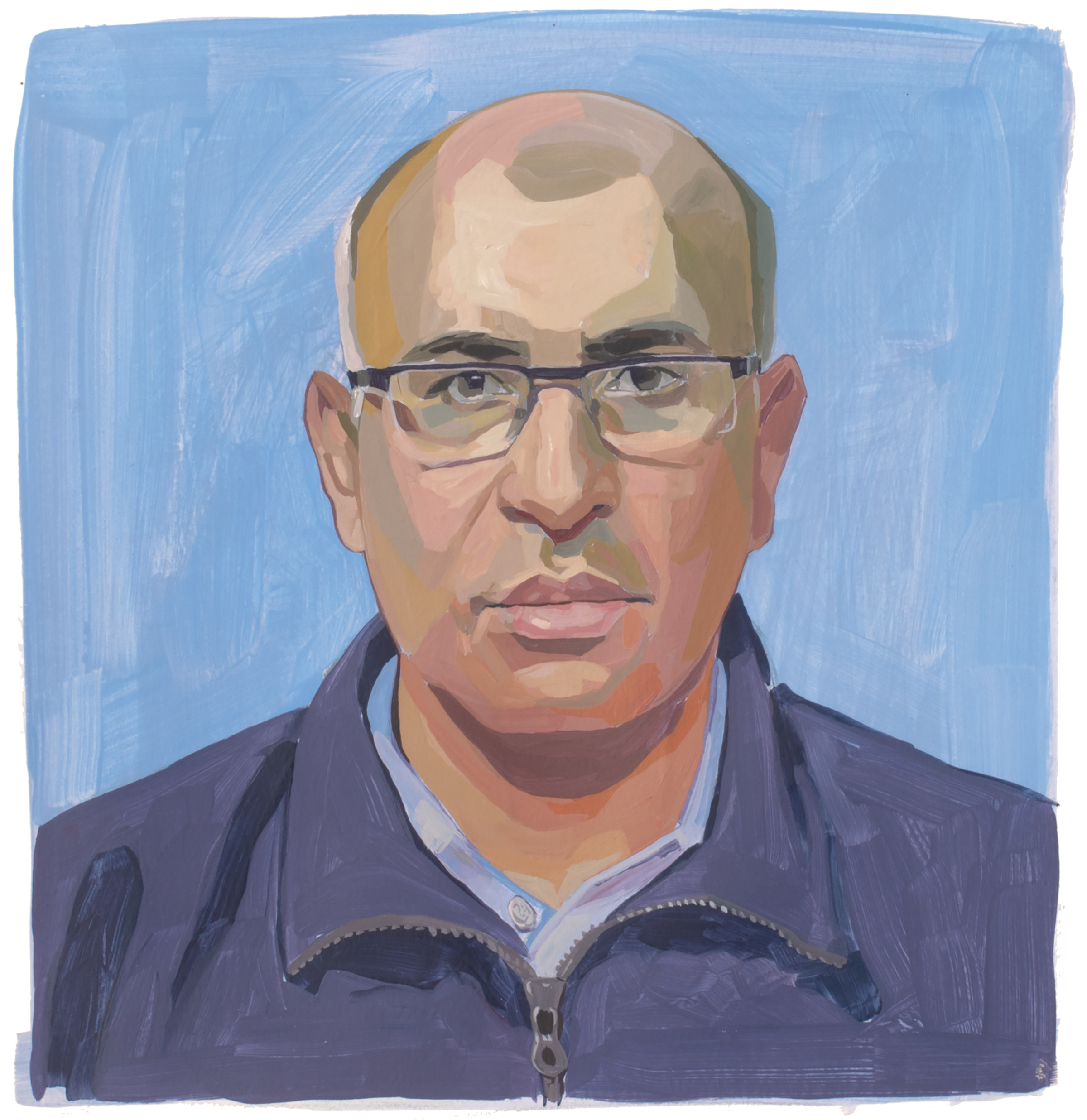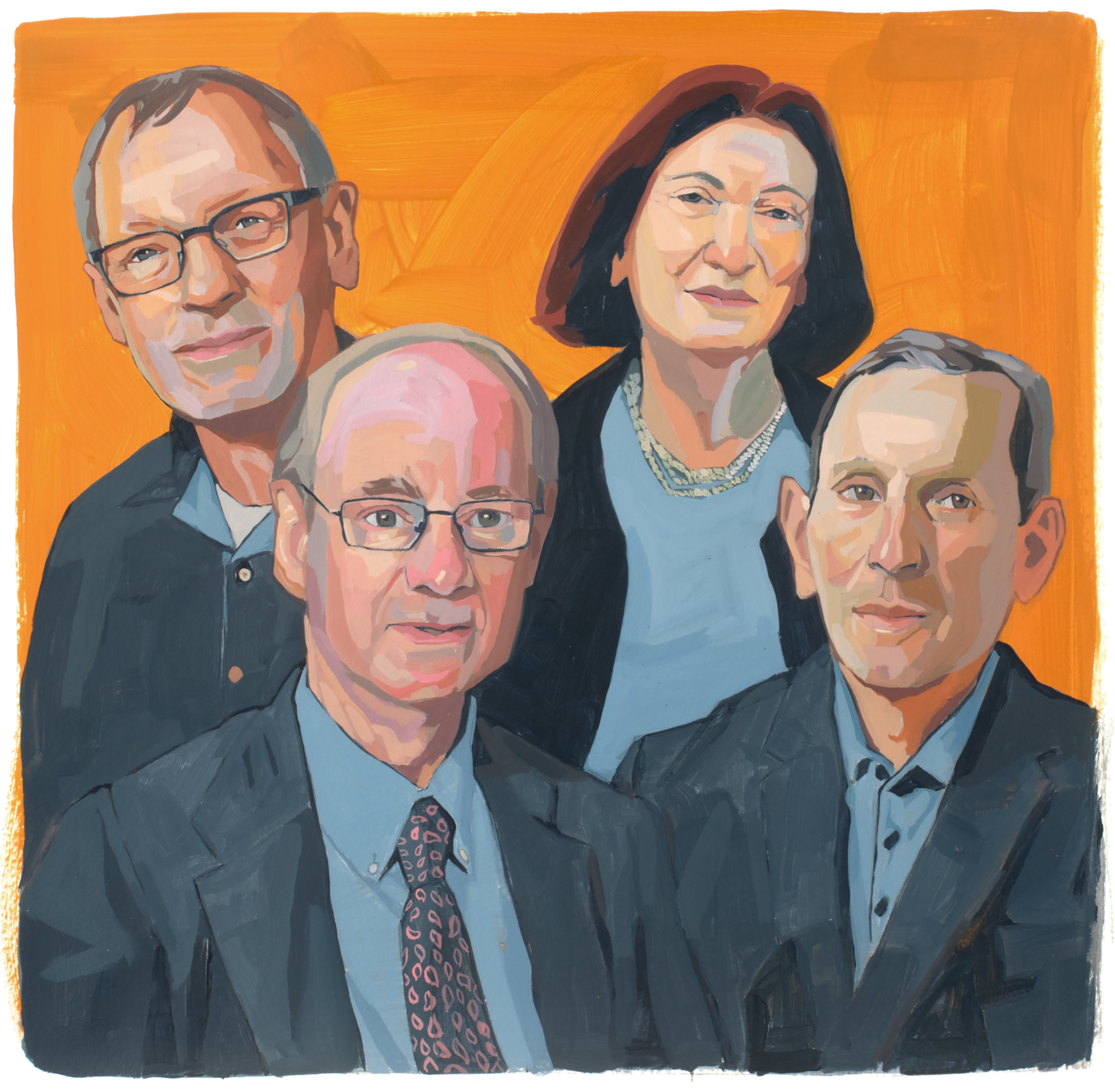You’ll never see a particle of soot measuring 2.5 micrometers across. That’s just 2½ millionths of a meter, or 0.0000975 in. But so-called PM2.5 soot is something we should watch out for all the same. It’s pretty much everywhere, produced outdoors by vehicle exhaust, power plants, wildfires and more, and indoors by such common sources as tobacco smoke, broiling or frying food, and fireplace smoke. PM2.5 particles are small enough to penetrate lung tissue and are linked to heart disease, asthma, low birthweight, and other ills. Children, older adults, pregnant people, and the economically disadvantaged, whose communities often experience elevated levels of air pollution, are especially susceptible to PM2.5 particles.
Francesca Dominici aims to help fix that. A professor of biostatistics at the Harvard School of Public Health, Dominici is a leader in linking PM2.5 pollution to the risk of premature death, especially among seniors and people with COVID-19. In February, the U.S. Environmental Protection Agency (EPA) began cracking down further on PM2.5, reducing the permissible concentration of the particles from 12 micrograms (or millionths of a gram) per cubic meter of air to 9 micrograms. “While it is impossible to identify a particular study or researcher whose work was singularly helpful, EPA appreciates the groundbreaking work of Francesca Dominici, who led studies … investigat[ing] the link between soot levels and adverse health effects,” an EPA spokesperson said.
Says Dominici: “Lowering from 12 to 9 [micrograms] means breathing cleaner air for everyone. It’s a huge public-health victory.”
More Must-Reads from TIME
- Inside Elon Musk’s War on Washington
- Meet the 2025 Women of the Year
- The Harsh Truth About Disability Inclusion
- Why Do More Young Adults Have Cancer?
- Colman Domingo Leads With Radical Love
- How to Get Better at Doing Things Alone
- Cecily Strong on Goober the Clown
- Column: The Rise of America’s Broligarchy
Write to Jeffrey Kluger at jeffrey.kluger@time.com





